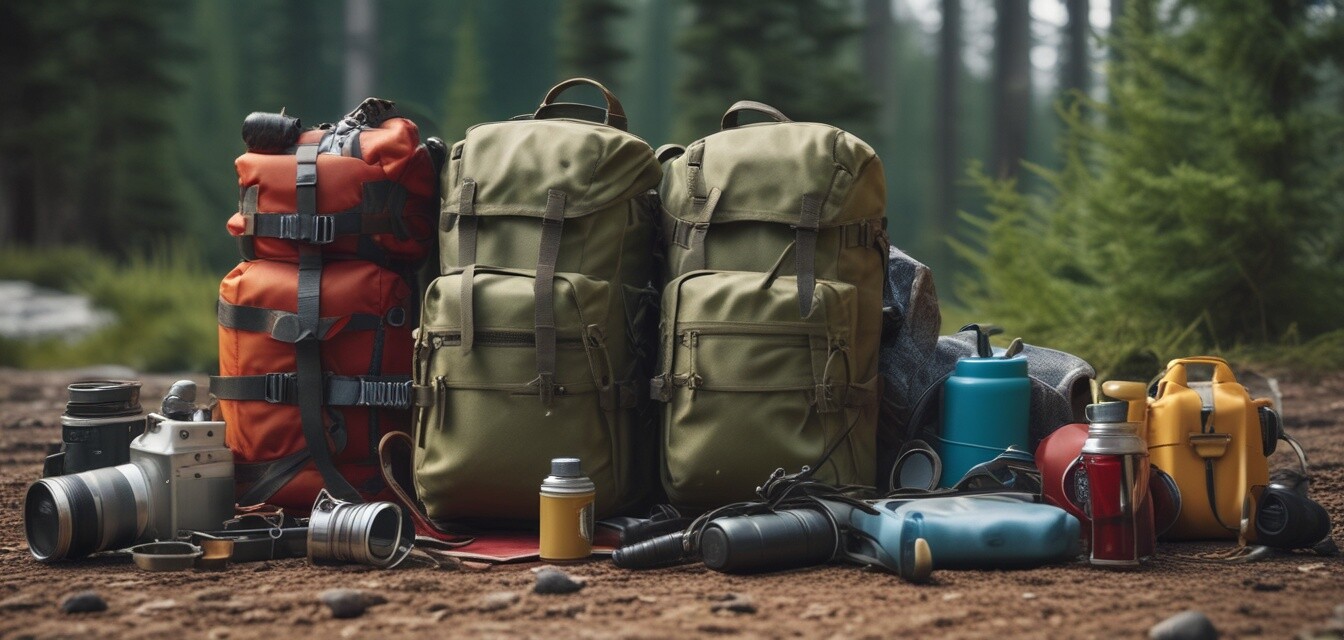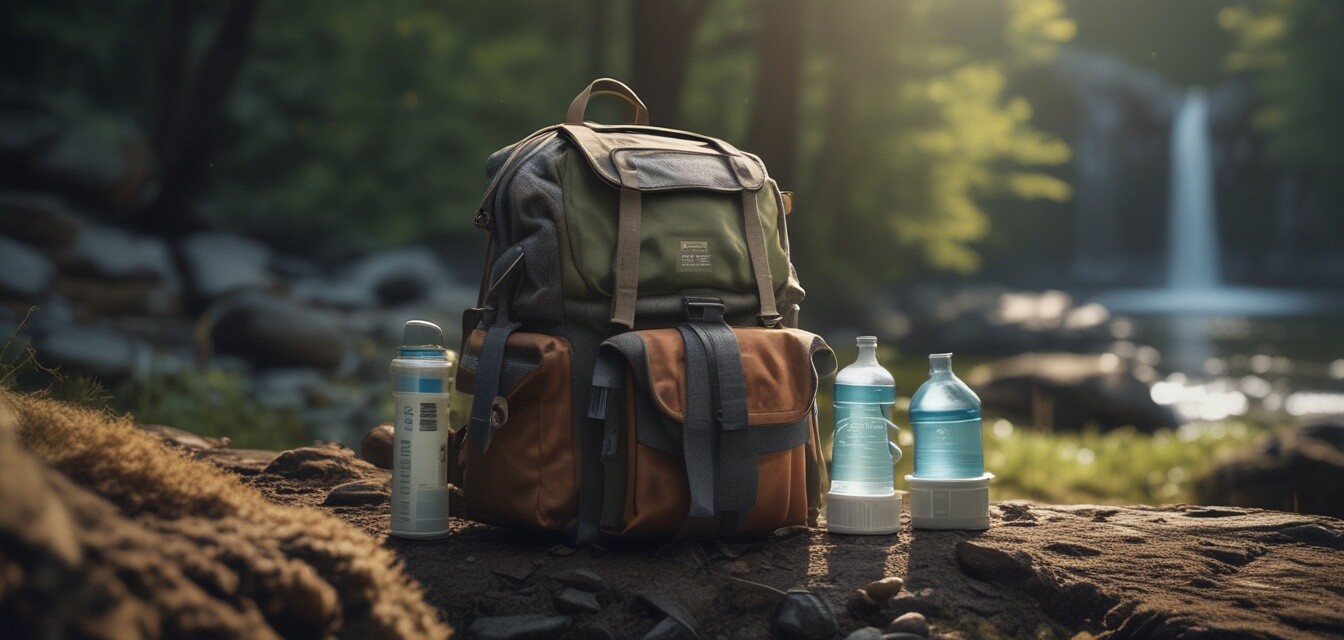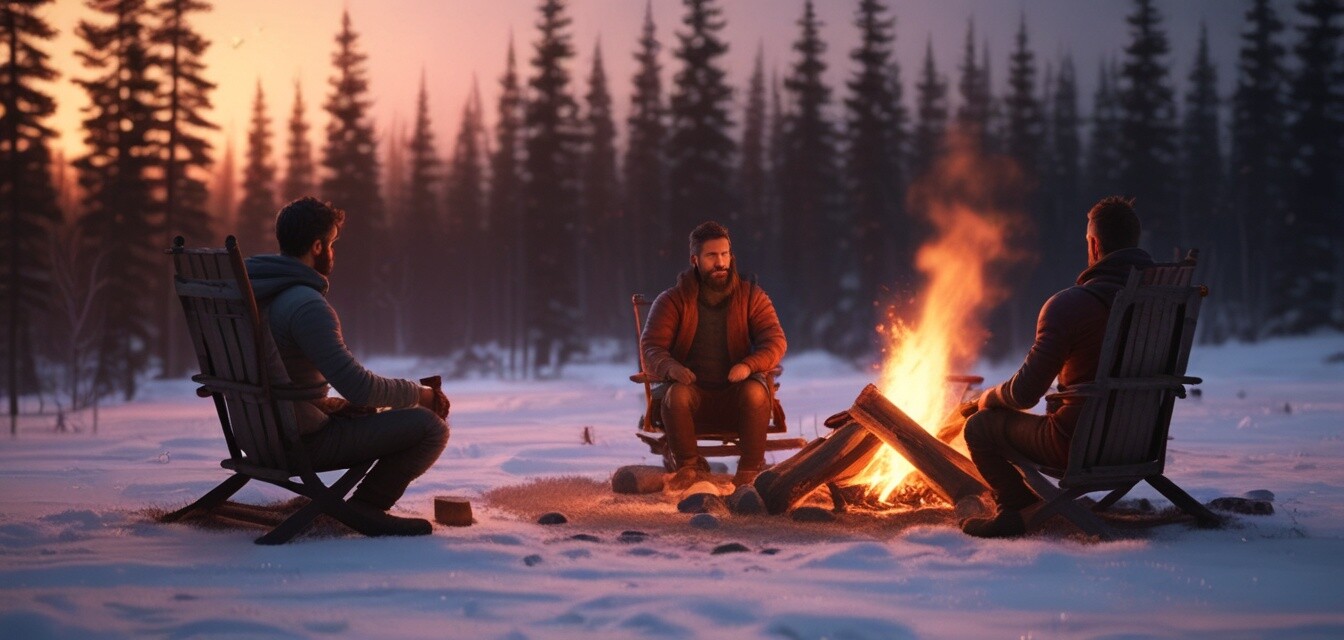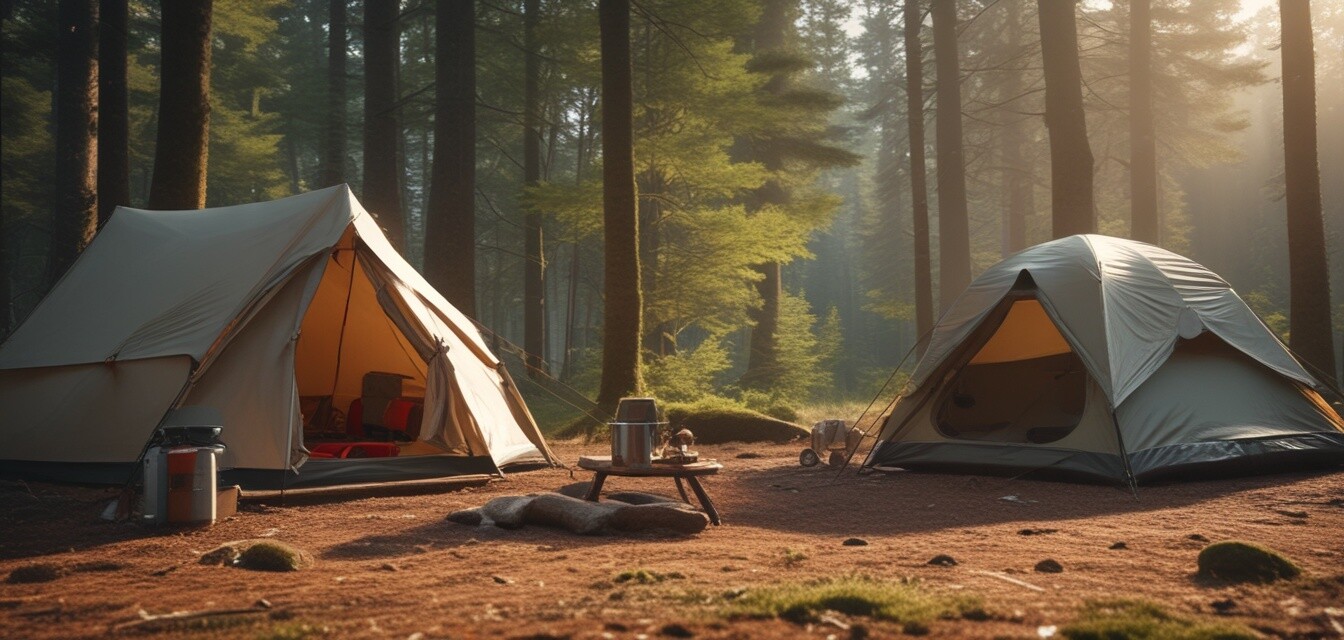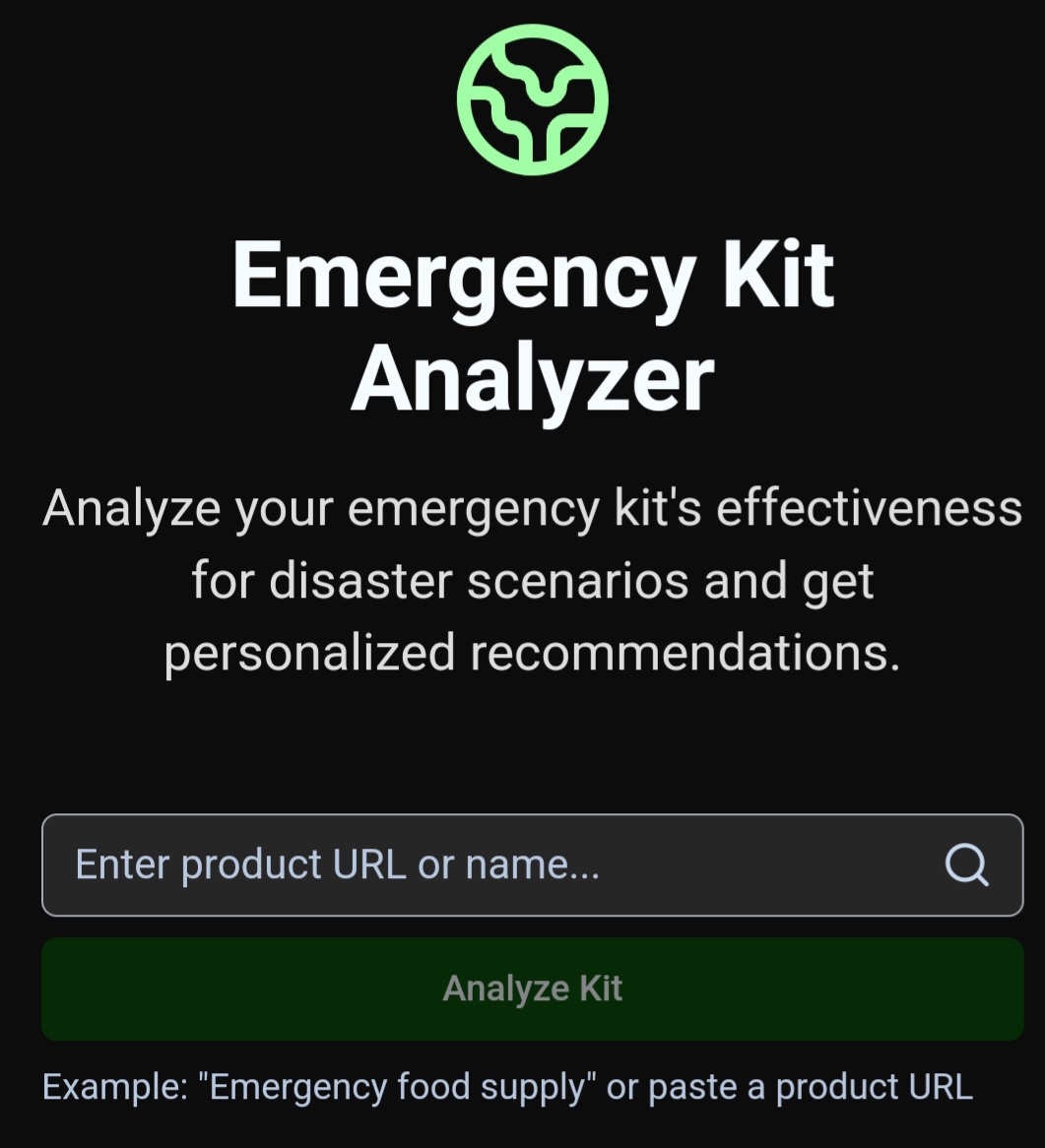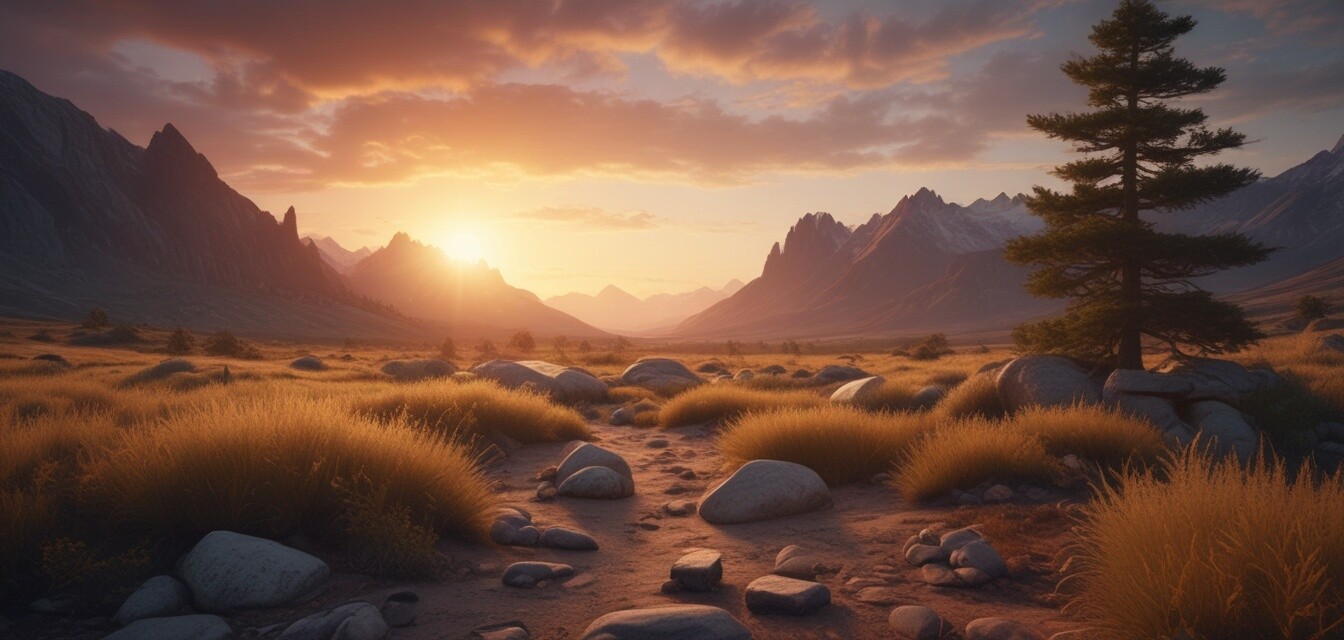
Wilderness Survival
A comprehensive guide on surviving in the wilderness during emergencies
Key Takeaways
Why Wilderness Survival Matters
Wilderness survival is a crucial skill to have, especially for outdoor enthusiasts. Whether you're a seasoned hiker or a beginner, it's essential to know how to react in case of an unexpected situation arises. This comprehensive guide will walk you through the essential steps to increase your chances of survival in the wilderness.
Shelter and Protection
Finding or creating a safe shelter is paramount in wilderness survival. A shelter can protect you from harsh weather conditions, wildlife, and other potential dangers. Here are some tips:
- Look for natural shelters such as caves, rock overhangs, or hollowed-out logs
- Use a tent or a tarpaulin to create a shelter
- Learn how to build a lean-to or a debris hut
| Shelter Type | Pros |
|---|---|
| Natural Shelter | No setup required, natural protection from elements |
| Tent or Tarpaulin | Portable, easy to set up, provides excellent protection |
| Lean-to or Debris Hut | Can be built using natural materials, provides excellent protection |
Fire Starters
Fire can be a lifesaver in a wilderness survival situation. It provides warmth, light, and a way to cook food. Here are some ways to start a fire starter:
Fire StartersLearn how to start a fire using:
- Flint and steel
- Bow drill
- Lighter or waterproof matches
- Look for streams, rivers, or ponds
- Use water purification tablets or filter
- Collect dew or rainwater
- Bring a first aid kit with basic supplies
- Know basic first aid techniques such as CPR, wound cleaning, and splinting
- Use a whistle to signal for help
- Create a smoke signal during the day
- Use a mirror to signal for help
- Increase your chances of survival in emergency situations
- Boost your confidence in the outdoors
- Learn new skills and become more self-sufficient
- Requires practice and training
- May require significant investment in gear and equipment
- Can be physically and mentally demanding
- Start with basic wilderness survival skills such as shelter building and fire starting
- Practice your skills in a controlled environment before heading out into the wilderness
- Always bring a survival kit with essential items such as a first aid kit, fire starter, and emergency shelter

Water and Hydration
Having access to clean drinking water is essential in a wilderness survival situation. Here are some tips:
| Water Source | Pros | Cons |
|---|---|---|
| Streams, Rivers, or Ponds | Natural source of water, easy to access | May be contaminated |
| Water Purification Tablets or Filter | Effective way to purify water, portable | May not be effective against all contaminants |
| Dew or Rainwater | Free and abundant, easy to collect | May not be enough for extended survival |
First Aid and Medical Preparedness
First aid kits are essential in wilderness survival situations. Here are some tips:
Signaling for Help
If you're lost in the wilderness, signaling for help is essential. Here are some tips:
Pros of Wilderness Survival Skills
Cons of Wilderness Survival Skills
Conclusion
Wilderness survival is a crucial skill to have for outdoor enthusiasts. With the right knowledge, skills, and gear, you can increase your chances of survival in emergency situations. Remember to always prioritize finding or creating a safe shelter, starting a fire, locating a reliable source of clean drinking water, bringing a first aid kit, and staying informed about weather conditions.
